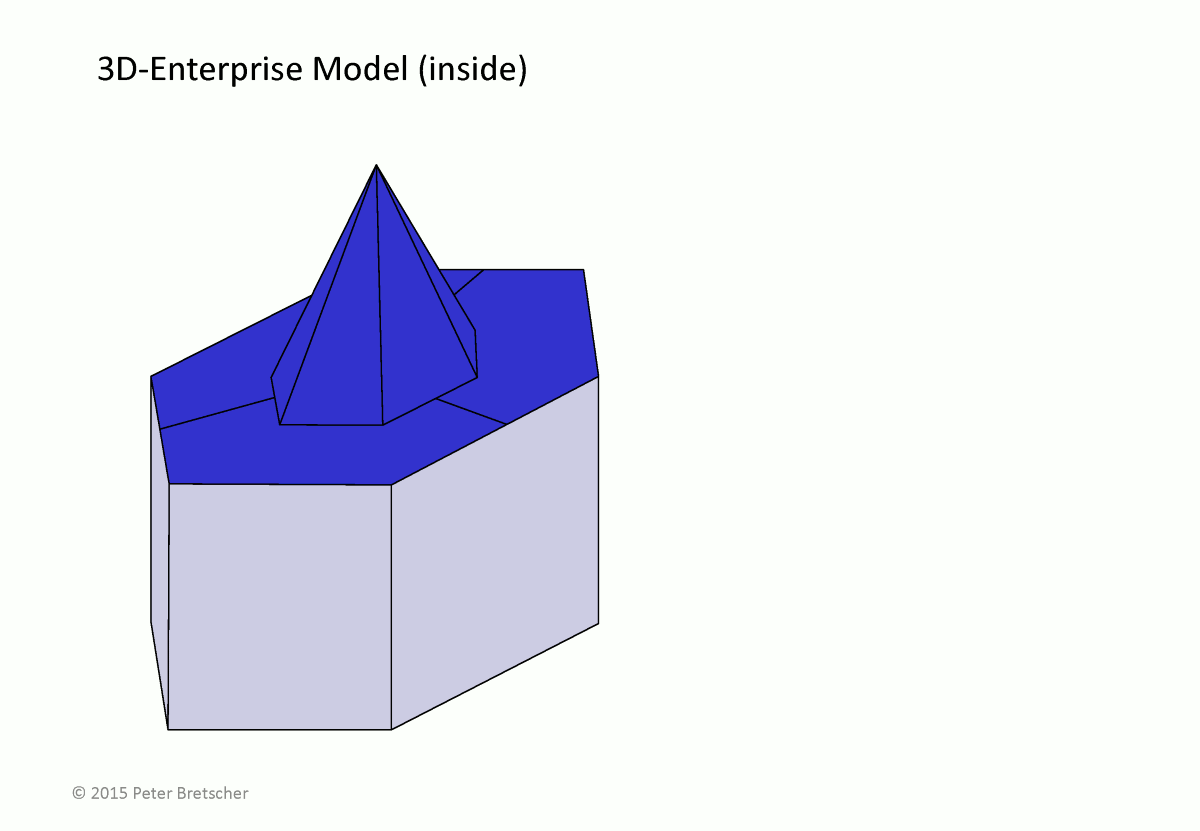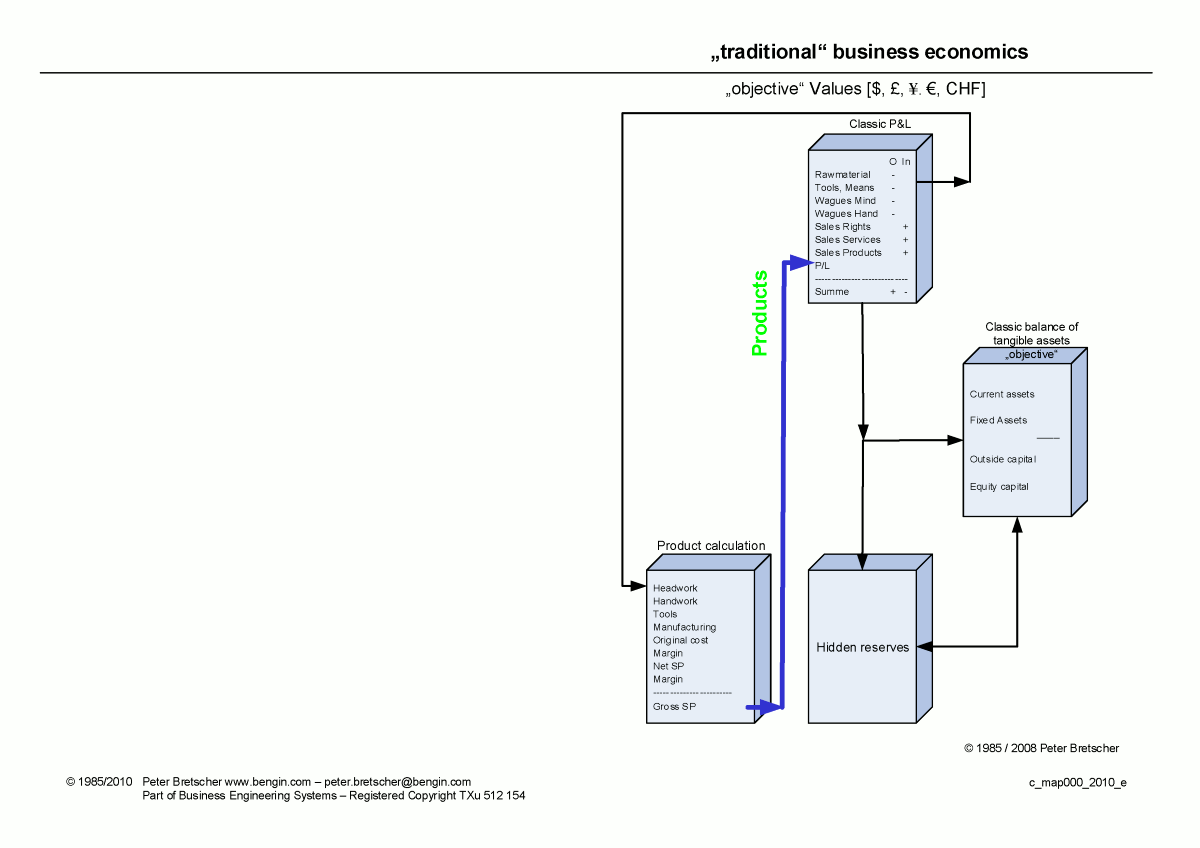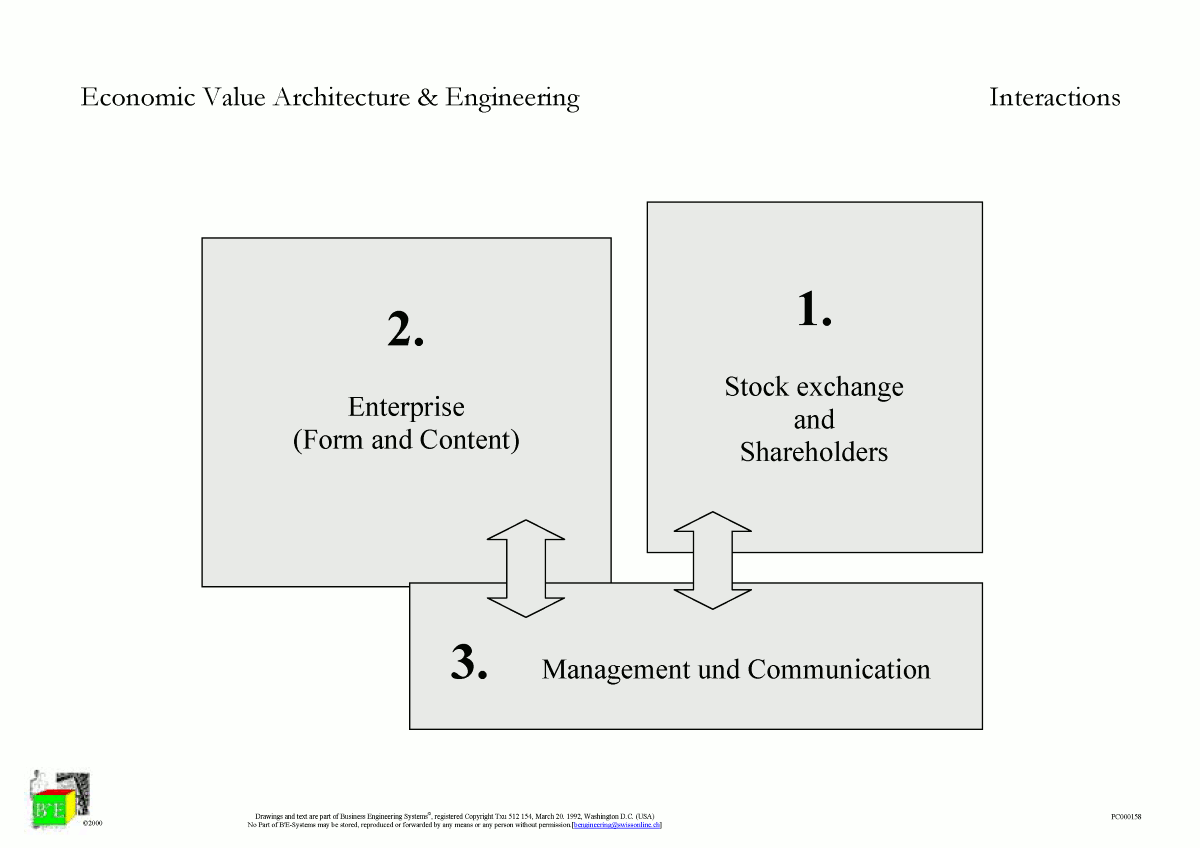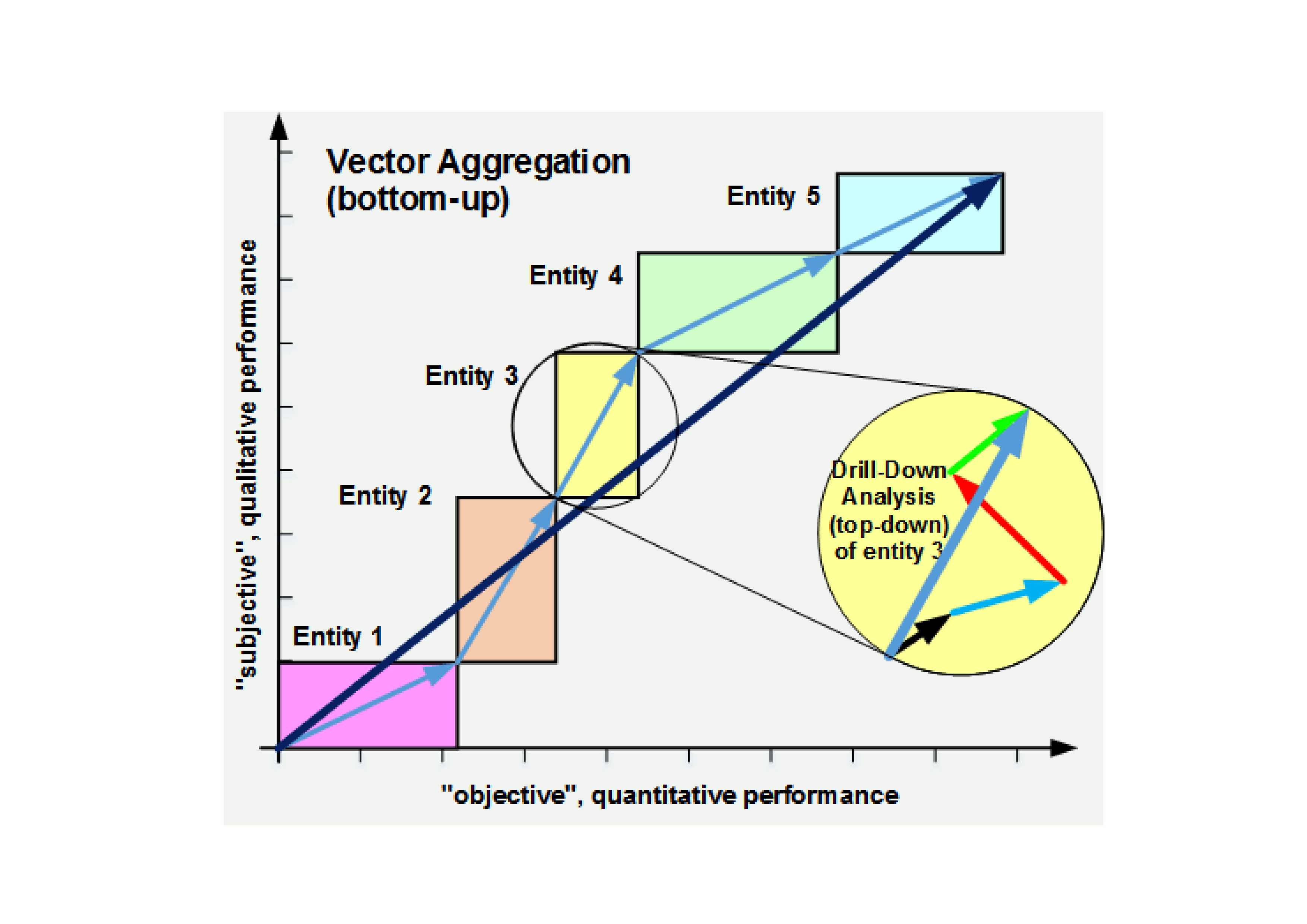ChatGPT in the role of McKinsey about Business Engineering Systems
-
... Business Engineering Systems offer a powerful new toolset for companies looking to improve their business model, enhance their accounting systems, and make smarter, more sustainable decisions ...
McKinsey & Company is a global management consulting firm founded in 1926 by University of Chicago professor James O. McKinsey, that offers professional services to corporations, governments, and other organizations. McKinsey is the oldest and largest of the "Big Three" management consultancies ...
McKinsey in English:
As a global management consulting firm, we at McKinsey are always on the lookout for innovative ways to help our clients improve their business operations. One area that we believe holds tremendous potential is the use of "Business Engineering Systems" as tools for business administration.
By going beyond traditional offerings such as products, services, and licenses, and incorporating a company's primary resources, such as production means, documents, knowledge and skills, rights, and finance, Business Engineering Systems enable companies to take a more comprehensive approach to value creation.
At the heart of this approach is a "hybrid value paradigm" that combines traditional monetary value indicators with non-monetary, vector-based value indicators. This allows companies to measure a wider range of factors beyond just profit and loss, such as social impact, environmental sustainability, and human capital development.
The benefits of this approach are manifold. By accounting for the true value of a company's primary resources, it becomes possible to identify new areas of opportunity for growth and innovation. By measuring non-monetary value indicators, companies can better understand the full impact of their operations and make more informed decisions about where to invest their resources.
In short, Business Engineering Systems offer a powerful new toolset for companies looking to improve their business model, enhance their accounting systems, and make smarter, more sustainable decisions. At McKinsey, we are excited to be at the forefront of this emerging field and look forward to helping our clients leverage these new tools to unlock the full potential of their businesses.
McKinsey in German:
Als globale Unternehmensberatung sind wir bei McKinsey immer auf der Suche nach innovativen Wegen, um unseren Kunden zu helfen, ihre Geschäftsabläufe zu verbessern. Ein Bereich, in dem wir ein enormes Potenzial sehen, ist der Einsatz von "Business Engineering Systems" als Instrumente für die nachhaltige Entwicklung von Unternehmen.
Indem sie über traditionelle Angebote wie Produkte, Dienstleistungen und Lizenzen hinausgehen und die primären Ressourcen eines Unternehmens wie Produktionsmittel, Dokumente, Wissen und Fähigkeiten, Rechte und Finanzen einbeziehen, ermöglichen Business Engineering Systems Unternehmen einen umfassenderen Ansatz zur Wertschöpfung.
Kern dieses Ansatzes ist ein "hybrides Wertparadigma", das traditionelle monetäre Wertindikatoren mit nicht-monetären, vektorbasierten Wertindikatoren kombiniert. Dies ermöglicht es Unternehmen, ein breiteres Spektrum von Faktoren zu messen, die über Gewinn und Verlust hinausgehen, wie z. B. soziale Auswirkungen, ökologische Nachhaltigkeit und Entwicklung des Humankapitals.
Die Vorteile dieses Ansatzes sind vielfältig. Durch die Berücksichtigung des wahren Wertes der primären Ressourcen eines Unternehmens wird es möglich, neue Bereiche mit Wachstums- und Innovationsmöglichkeiten zu identifizieren. Durch die Messung nicht-monetärer Wertindikatoren können Unternehmen die vollen Auswirkungen ihrer Geschäftstätigkeit besser verstehen und fundiertere Entscheidungen darüber treffen, wo sie ihre Ressourcen investieren können.
Kurz gesagt, Business Engineering Systems bieten ein leistungsstarkes neues Tool Set für Unternehmen, die ihr Geschäftsmodell verbessern, ihre Buchhaltungssysteme verbessern und intelligentere, nachhaltigere Entscheidungen treffen möchten. Wir bei McKinsey freuen uns, in diesem aufstrebenden Bereich an vorderster Front zu stehen, und freuen uns darauf, unseren Kunden dabei zu helfen, diese neuen Tools zu nutzen, um das volle Potenzial ihres Unternehmens auszuschöpfen.
ChatGPT in the role of McKinsey
Want to have more voices?
-
Read Gottfried Wilhelm Leibniz (1646 - 1716)
Read Luca Pacioli (1713 - 1790)
Read Adam Smith (1713 - 1790)
Read Carl Friedrich Gauss (1777 - 1855)
Read Henry R. Towne (1844 - 1924)
Read John Maynard Keynes (1883 - 1946)
Read Joseph Schumpeter (1883 - 1950)
Read Albert Einstein (1879 - 1955)
Read Daniel Kahneman (1934 - 2024)
Read Joseph Stiglitz (1943 - ....)
ChatGPT as talking head for Legal Units:
ChatGPT in the role of Bain & Company
ChatGPT in the role of BCG
ChatGPT in the role of Deloitte
ChatGPT in the role of EY (Ernst & Young)
ChatGPT in the role of EY(2) (Ernst & Young)
ChatGPT in the role of EY-Parthenon
ChatGPT in the role of Harvard University
ChatGPT in the role of HSG University of St. Gallen
ChatGPT in the role of KPMG
ChatGPT in the role of McKinsey
ChatGPT in the role of PwC
Business Engineering Systems: Advanced models for business, policy, and consultants.
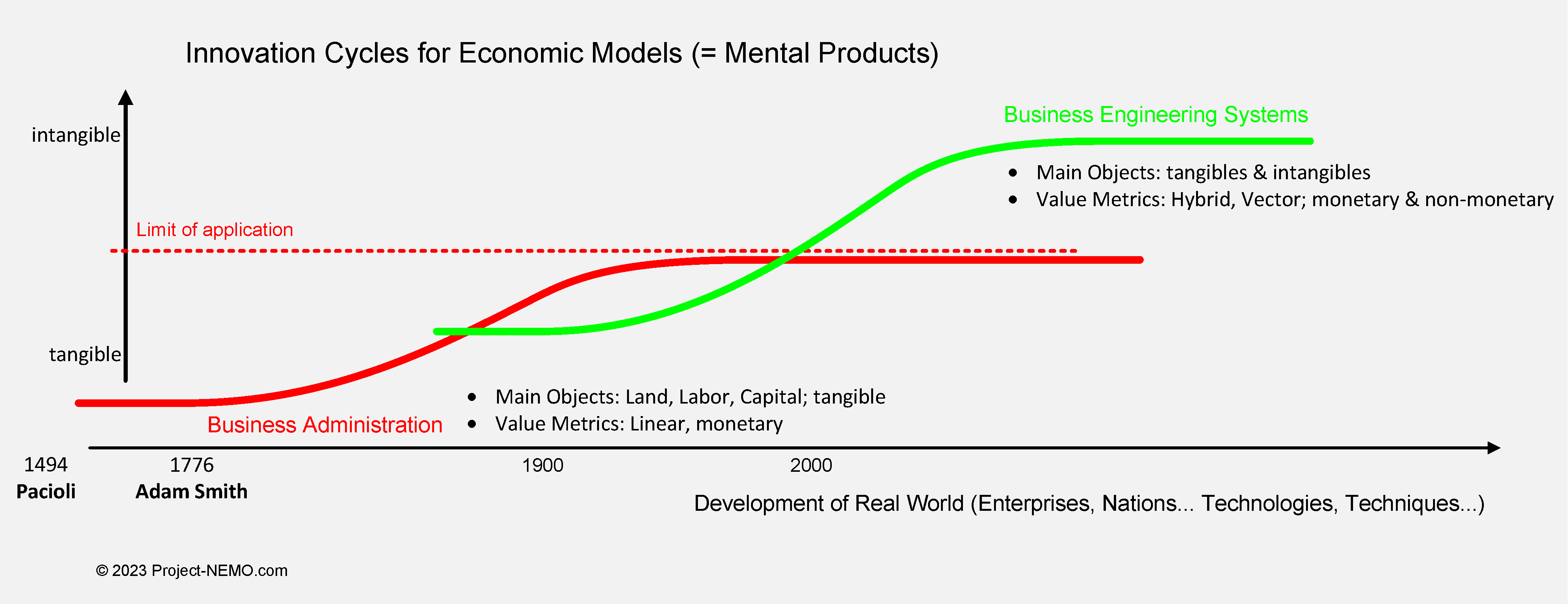
Today's models (i) start from tangible and intangible resources and (ii) use a multidimensional value paradigm in which non-monetary and subjective value attributes also count.
Four selected areas of focus from the BE systems:
Click on image for more information
Purpose of 'Project NEMO' (New/Next Economic/Enterprise Model) is to enhance classic economics by
(i) including intangible assets as the common (re)source of welfare and wealth and
(ii) disclosing a vector based hybrid value principle enabling monetary AND nonmonetary dimensions as a compound/hybrid measure.

